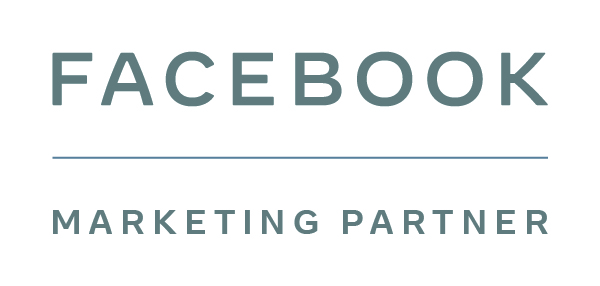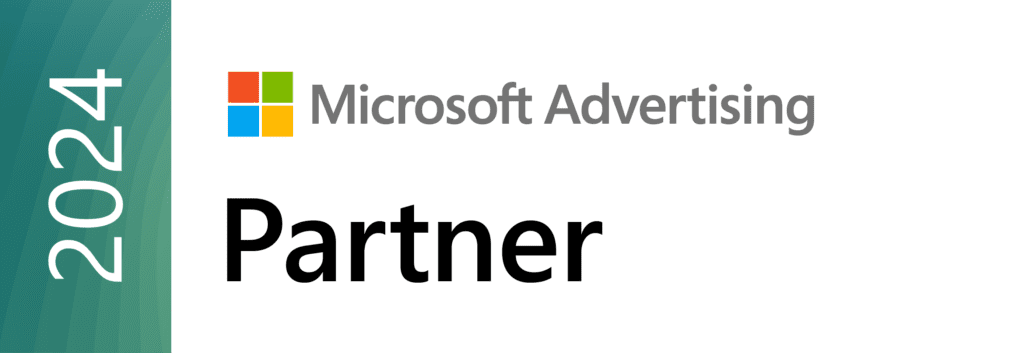The B2B ecommerce market is evolving and growing rapidly, and more wholesalers, manufacturers and suppliers are searching for a scalable, modern solution to power their online sales. As buying habits shift and digital transformation accelerates, Shopify Plus, which is the version of Shopify that includes Shopify B2B, has emerged as one of the fastest-growing ecommerce platforms. Sales of the Shopify Plus, the enterprise level solution for growing and high volume businesses, grew by a whopping 109 per cent year-on-year in Q1 2025, which is significantly higher growth than the general B2B ecommerce market, which is expected to achieve a compound annual growth rate of 14.5 per cent in 2026, albeit to hit a massive £36 trillion.
Shopify Plus’s momentum is reshaping the B2B ecommerce market. As a specialist B2B ecommerce agency that works with Magento, Adobe Commerce and Shopify B2B (Shopify Plus(, Fluid Commerce is seeing this shift in real time among traditional merchants looking to modernise and grow.
So why is Shopify Plus causing such a monumental shift in the B2B ecommerce market, what does the platform offer to B2B retailers and why is it seeing such exponential growth? Read on to find out.
1. Shopify Plus delivers a B2C-grade B2B buying experience
What is attracting a lot of B2B companies to Shopify Plus is its reputation as a leader in the provision of a consumer level experience for business buyers. Whether they are buying seals, pipes or safety equipment, today’s B2B buyers demand the same standards they experience in their personal lives when purchasing from consumer retail sites.
In my opinion, having worked in the B2B ecommerce sphere for many years, Magento teamed with a Hyvä front-end theme and an advanced B2B feature platform such as Portal, offers an equally strong user experience as Shopify Plus. For some businesses, Magento, or its paid-for version Adobe Commerce, will always be the right options for their business needs.
However, where Shopify Plus stands out is Shopify’ historic strong standing in the B2C market and the fact that Shopify Plus can deliver most of the B2B features needed to launch a B2B ecommerce store, such as custom pricing, custom catalogues and the creation of different customer permissions, out of the box with the right plan.
Companies can also use Shopify Plus front-end themes if they fit the needs of their customers, negating the need for an external platform, which can be attractive to B2B retailers that want to keep the number of integrations to a minimum.
While Shopify Plus will not be right for every business, those that are can have access to intuitive site navigation and fast and mobile-optimised checkout. As mentioned above, all of this is also possible with Magento and Adobe Commerce, which can be developed to provide outstanding B2B functionality and speed, albeit necessitating input from other platforms
2. Shopify Plus can be more cost-effective for some companies
Shopify Plus has also achieved a reputation as a more cost-effective platform for B2B companies, and it’s true that for some B2B ecommerce stores, costs will be lower when comparing to Magento and Adobe Commerce.
The ability to lower costs for some B2B companies is because, in some situations, the implementation of an ecommerce store with Shopify Plus is faster, maintenance costs are lower and businesses can be more self-sufficient from a support perspective. How Shopify Plus achieves this is by operating a fully hosted SaaS model that includes infrastructure, hosting, updates and security in the subscription cost. This means companies don’t need to budget separately for these essential items. This can appear extremely attractive for mid-sized manufacturers, wholesalers and suppliers keen to make efficiency savings.
However, costs depend heavily on specific business models, their complexity and requirements. For more straight forward B2B sites that don’t have complex custom workflows, Shopify Plus can deliver a lower cost solution. However bigger, more complex sites, requiring more intricate ERP integrations, can see their costs remain on a par with Magento and Adobe Commerce, or even higher. For those companies with larger complicated sites, Magento or Adobe Commerce may still be the preferred option.
3. Shopify is committed to expanding native Shopify Plus B2B features
Shopify is actively investing in and evolving the B2B capabilities of Shopify Plus and has shown a strong commitment to progressing the B2B side of the platform.
Shopify Plus is already able to offer a raft of powerful B2B tools for companies such as manufacturers, wholesalers and suppliers and can be viewed on this page on the Shopify website. They include customised companies and customer settings, personalised buying tools, prices and catalogues and customised check-out where bespoke discounts, payment options and shipping rates can be applied.
Shopify B2B 2026 roadmap
No official B2B feature roadmap had been released by Shopify B2B for 2026, but the below is what some within the Shopify community have hinted could be released:
Deeper automation & AI-driven workflows
Analysts expect Shopify Plus to bring in “AI-driven personalisation, advanced automation”, including for the wholesale B2B domain, which may have access to automated approvals, dynamic pricing adjustments, predictive reorder prompts and AI suggested reorder volumes for business buyers.
For example, in “B2B ecommerce trends 2025-2026” Shopify’s blog points to “tailor the shopping experience for each buyer … customised product and pricing publishing, quantity rules, payment terms, and more.” Shopify
Stronger order and account management for B2B
Some industry experts believe Shopify’s roadmap will include improvements in “order management, greater flexibility through headless commerce, and stronger integration with ERP and CRM systems.”
For a manufacturer/wholesaler that means: better bulk-ordering tools (CSV import, purchase-orders, reorder lists), more sophisticated company-user hierarchies (multiple users per account with permissions), advanced checkout flows (net terms, company credit, custom payment methods)
Also possible are improved dashboards for B2B merchants (analytics by company, by account, by location) and more control over user-roles within buyer accounts.
Advanced catalogue/pricing/payment terms and segmentation for B2B
While these exist already to an extent, 2026 could likely see Shopify continue to mature them: more granular segmentation (by company, region, order history), more flexible payment/term options (Net 30/60/90, partial payment, installment), deeper pricing rules (volume breaks, contract pricing, dynamic promotions for B2B).
Better integration and ecosystem for wholesale operations
For manufacturers/wholesalers, integration with ERP, PIM, OMS, and EDI/PO systems are absolutely crucial. Stronger ERP/CRM integration could be part of the roadmap.
4. Unified D2C and B2B ecommerce on one platform
This is a big one as a growing number of companies sell both direct-to-consumer and wholesale. Shopify Plus enables:
- Shared inventory
- Centralised order management
- Unified brand experience
- Single data and reporting ecosystem
This hybrid capability is a major differentiator for Shopify and a very attractive capability for many companies that have both wholesale and D2C sides to their business as it makes management streamlined and efficient.
5. Seamless integrations and headless flexibility
Just as with Magento and Adobe Commerce, Shopify B2B can often be integrated well with the essential ERP systems such as Netsuite, SAP and more. It can also be integrated with EDI (electronic data interchange) and procurement networks and accounting and fulfilment tools such as Sage.
However for deeper, more complex integrations, Magento or Adobe Commerce may be required for a B2B company’s online store. By speaking to a B2B ecommerce agency with specialist expertise in integrations, such as Fluid Commerce, companies can get sound advice on which platform can deliver the optimum end result for them, and ultimately their customers.
6. Changing decision-maker demographics favour Shopify Plus
Decision-makers at B2B companies such as manufacturers, wholesalers and suppliers are now younger than in previous years and are generally very digitally confident and are focused on ensuring customers receive an outstanding online experience.
Shopify has garnered a reputation as the next big thing in B2B ecommerce and is impressing this younger generation of company owners and decision-makers, driving more and more to choose Shopify B2B for their online store.
This change in the demographics of those leading B2B digital transformation will only continue, but those decision-makers are also very savvy and will ensure that the platform they choose is the right one for their business model and customers.
Conclusion
Shopify’s growth is impressive, but also justified based on the above reasons. Shopify B2B has earned its place as a leading platform for B2B retailers that are keen to grow quickly and continue to improve the online experience for customers. While for some very complex online stores requiring deep ERP integration Magento or Adobe Commerce may be a better fit, Shopify B2B is certainly worth considering for enterprise level B2B companies that want to succeed in ecommerce.
Want to investigate if Shopify B2B is right for your company?
Fluid Commerce specialises in helping wholesalers, manufacturers and distributors launch, scale and optimise B2B ecommerce stores on the Magento, Adobe Commerce and Shopify Plus platforms.
If you would like to book a discovery call to discuss your company’s requirements, contact us here and someone will get back to you as soon as possible.





